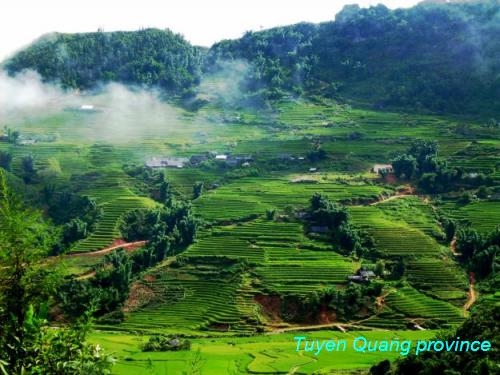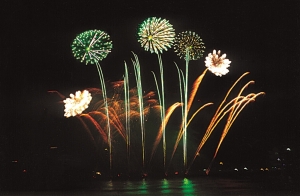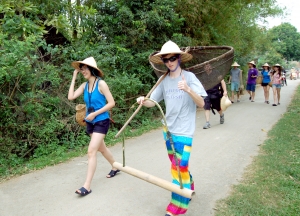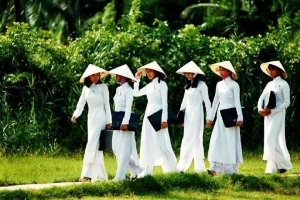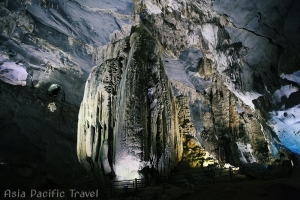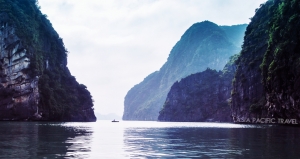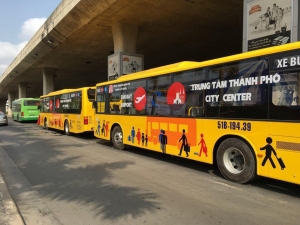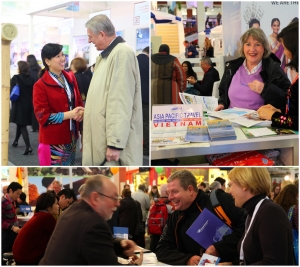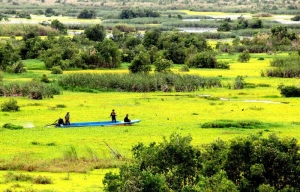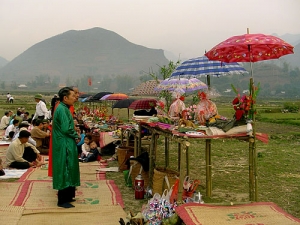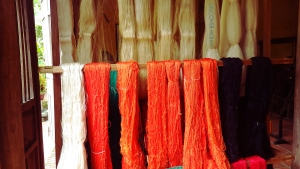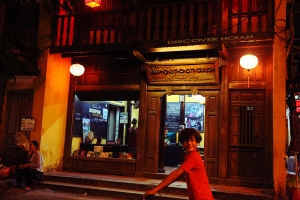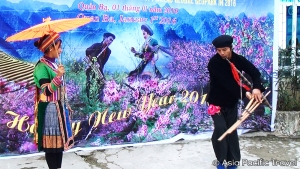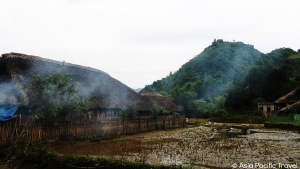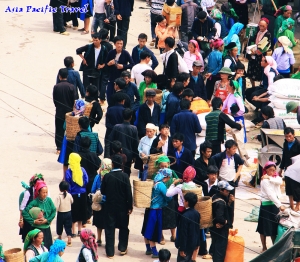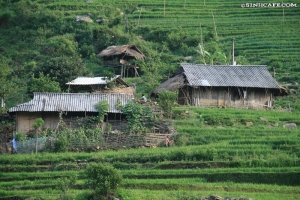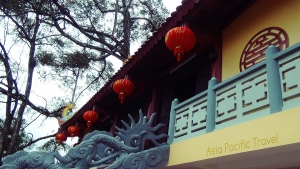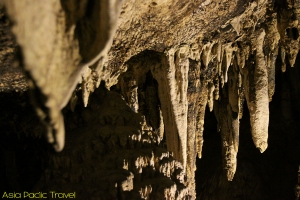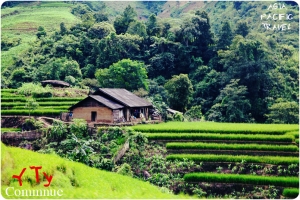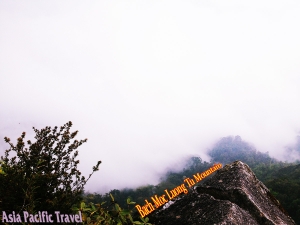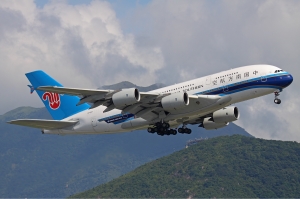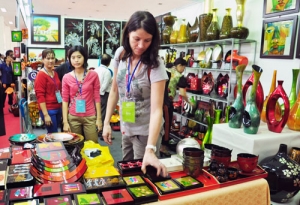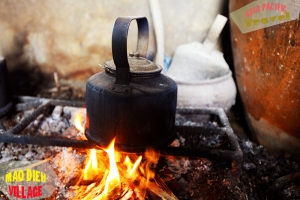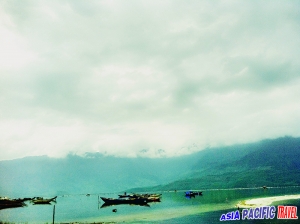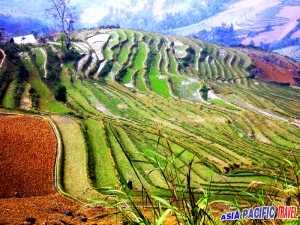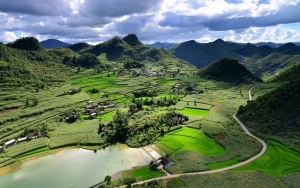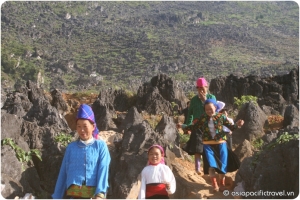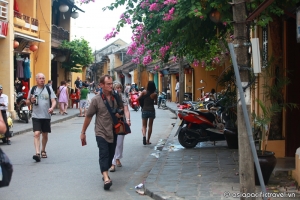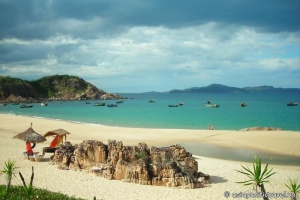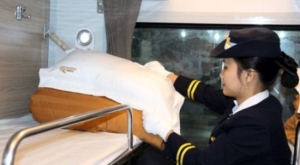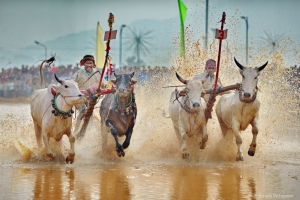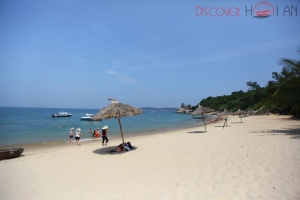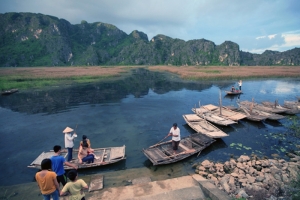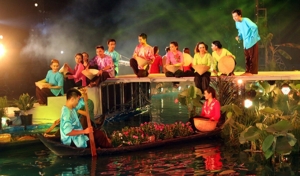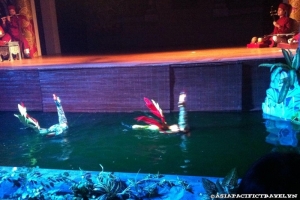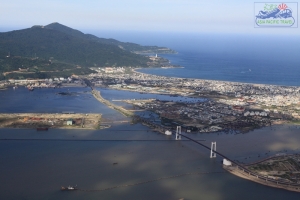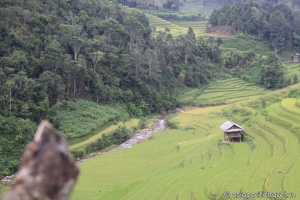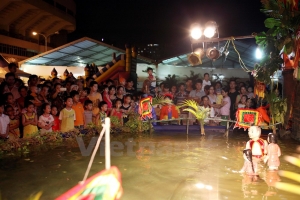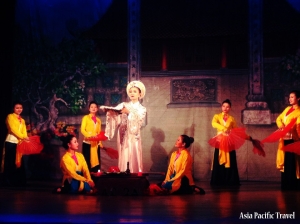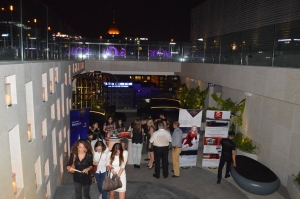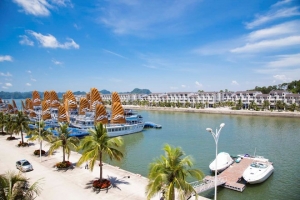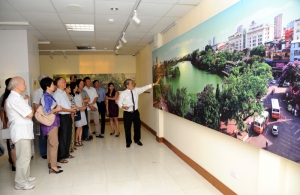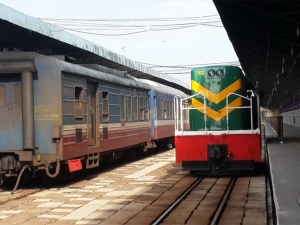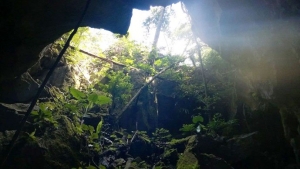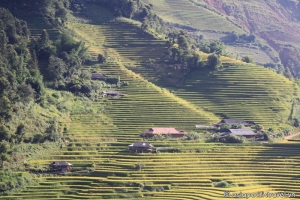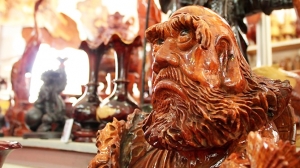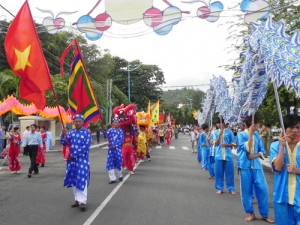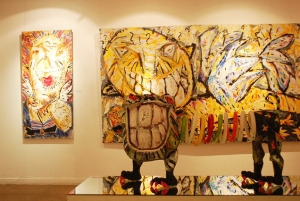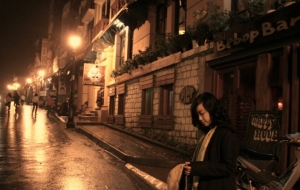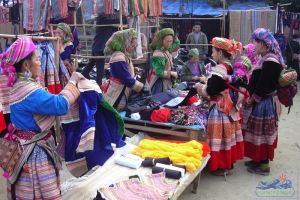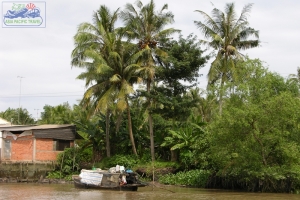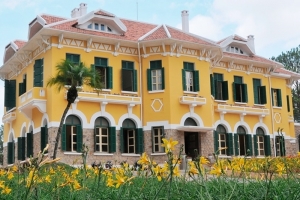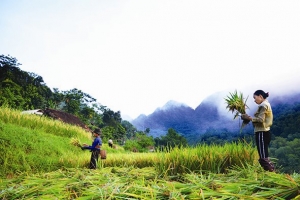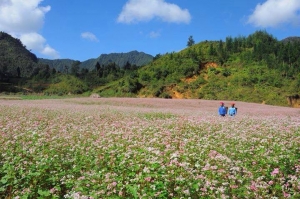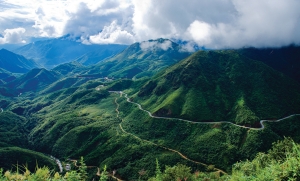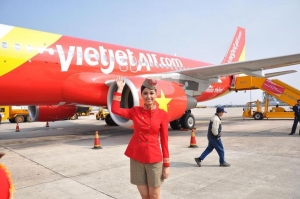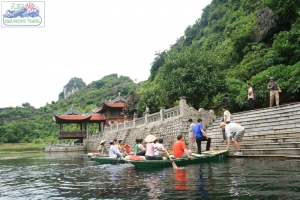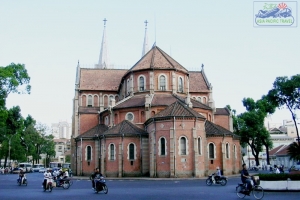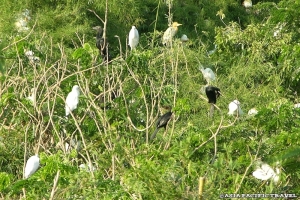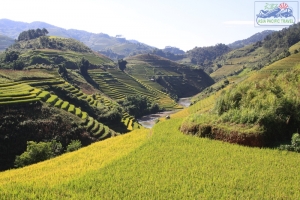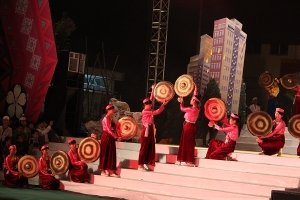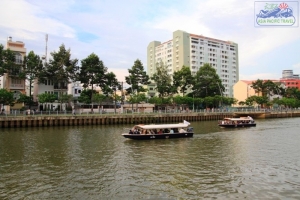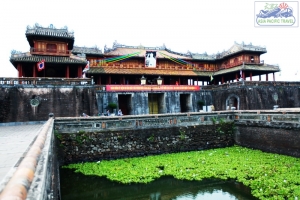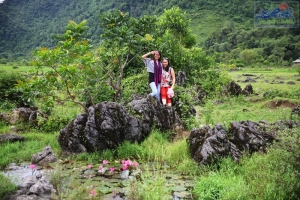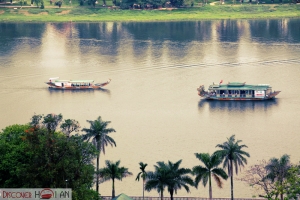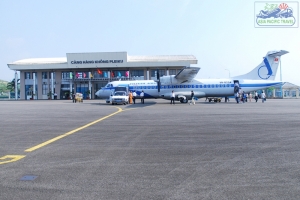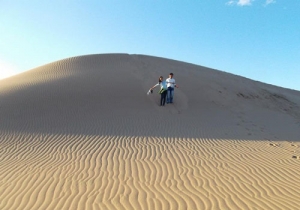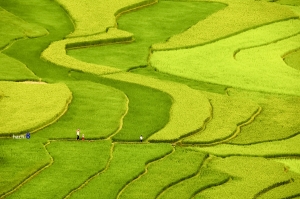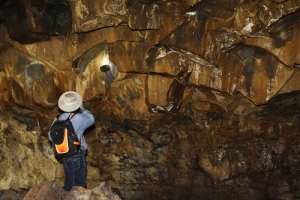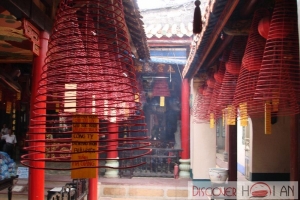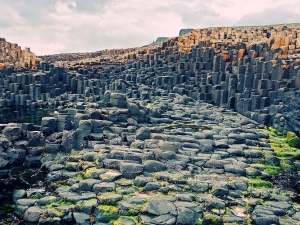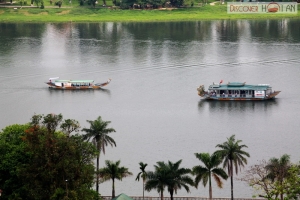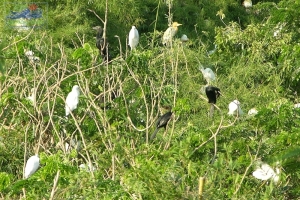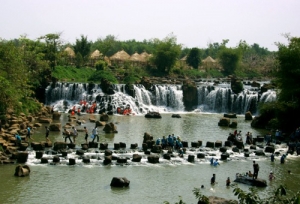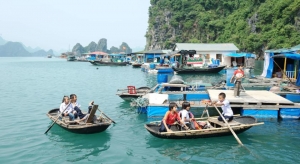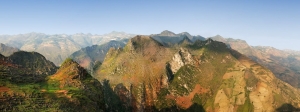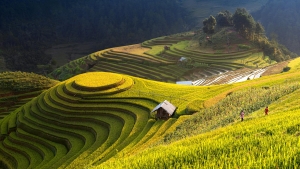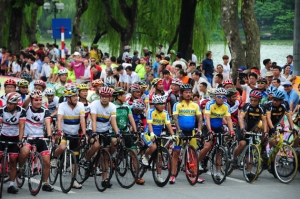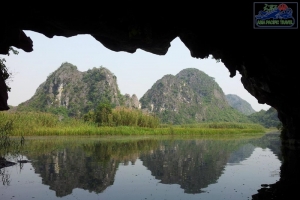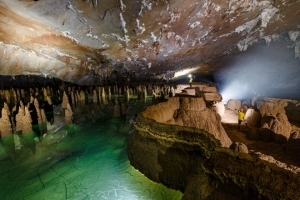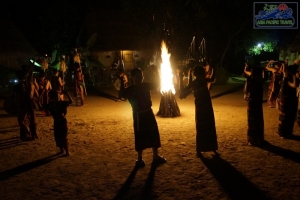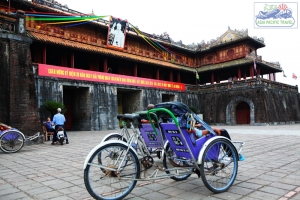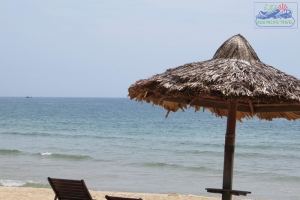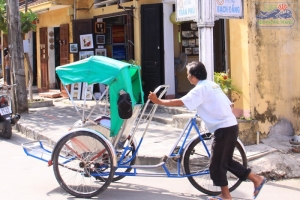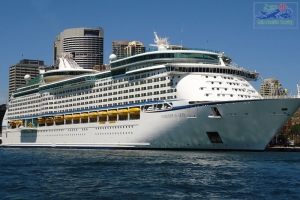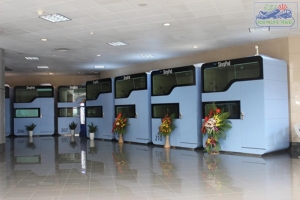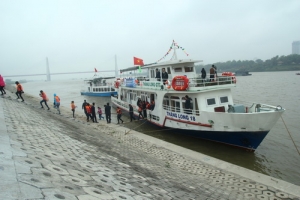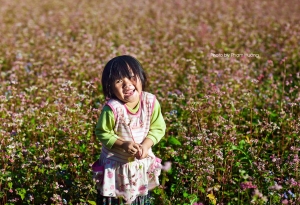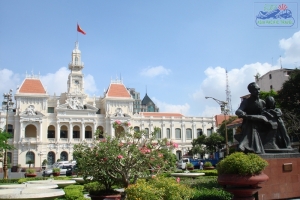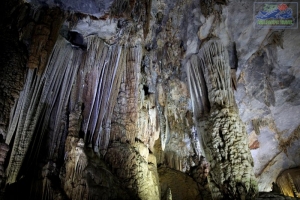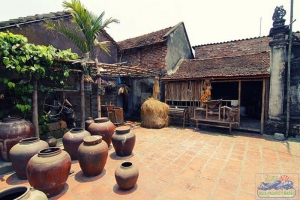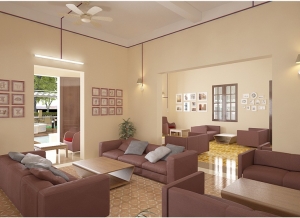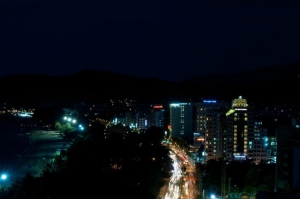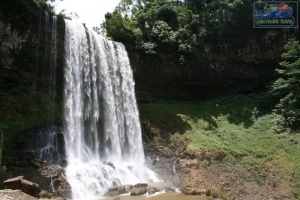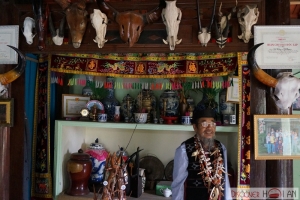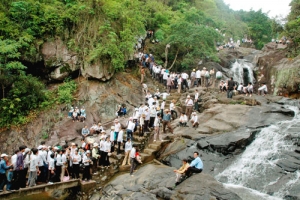Square: 5870,4 km2.
Population: 728,9 thousands people (2010)
City: Tuyen Quang City.
Districts: Na Hang, Chiem Hoa, Ham Yen, Yen Son, Son Duong.
OVERVIEW
Tuyen Quang owns 300 historical cultural vestiges. The famous one is Tan Trao Historical Site. It was used as a resistance base before the August 1945 Revolution. The main places of interest include Tan Trao Communal House, Hong Thai Communal House and small jungle hut where President Ho Chi Minh lived from June to August 1945.
HISTORY
Tuyen Quang, the capital city of the province has rich history related to the battles fought in the region. The earliest history is to the First Indochina War when it served as a garrison. During this war the Viet Minh made the Legionnaires surrender at the memorial to the Battle of Tuyen Quang.
Another historical event is the Siege of Tuyen Quang, which is still remembered as one of the French Legion's most celebrated feats of arms, and is also commemorated in the first verse of Le Boudin, its principal marching song. The French garrison posted at Tuyen Quang defended the town for four months against 12,000 troops of the Yunnan Army and the Black Flag Army. Two companies of the French Foreign Legion were involved during the Sino-French War (August 1884 to April 1885).
Tuyên Quang used to be entirely settled by Thai people, but from the 13th century onwards were integrated into the Tran dynasty, who named it Quốc Oai before naming it Châu Tuyên Quang. Under the rule of Emperor Trần Hiến Tông (reigned 1329–1341), Tuyên Quang was given the status of a trấn, before being categorised a thành phủ when the Ming Dynasty of China briefly annexed Vietnam at the start of the 15th century. After Le Loi expelled the Chinese and started the Le Dynasty, he made Tuyên Hóa a part of Tây Đạo. During the reign of Emperor Lê Thánh Tông, Tuyên Quang comprised one phủ and five districts (huyện) and became the province of Minh Quang under the rule of Emperor Lê Uy Mục. During the reign of Lê Trang Tông, Minh Quang became An Tại, and control of the region was given to the Vũ family, ethnic Thais.
GEOGRAPHY
Situated on Far-North East, Tuyen Quang Province is surrounded by Ha Giang, Cao Bang, Yen Bai, Bac Kan, Thai Nguyen, Phu Tho, Vinh Phuc provinces.
Mountains occupy almost area of province. The province has natural potentiality of primitive forest and mineral. The main rivers are Lo and Gam.
CLIMATE
Influenced by tropical climate, the summer is very hot. There are two seasons: dry and rainy. Annual average temperature is 24ºC.
TOURISM
Tuyen Quang owns 300 historical cultural vestiges. The famous one is Tan Trao Historical Site. It was used as a resistance base before the August 1945 Revolution. The main places of interest include Tan Trao Communal House, Hong Thai Communal House and small jungle hut where President Ho Chi Minh lived from June to August 1945.
The province also has Na Hang Primitive Forest. It is home of valuable fauna and flora such as dinh, mun (ebony trees), sen (bassia), ape, panther, flying weasel, antelope, and upturned-nosed monkey.
The sounds of the waterfall, birds and gibbons, and silver light going through the thick layers in Thac Mo (Mo Waterfall) provide enjoyable feeling for visitors.
TRANSPORT
The province is on National Highway No.2: Hanoi - Viet Tri - Tuyen Quang - Ha Giang. Tuyen Quang Town is 165km from Hanoi.


